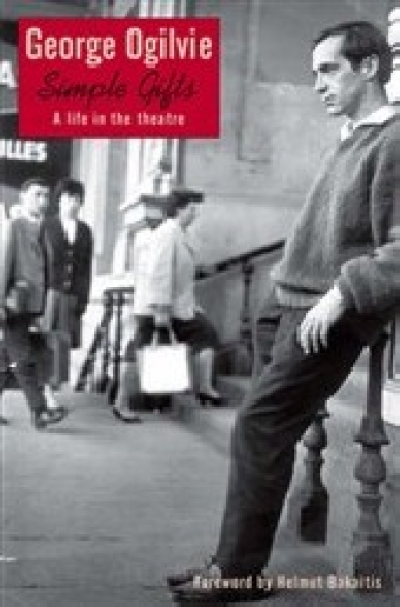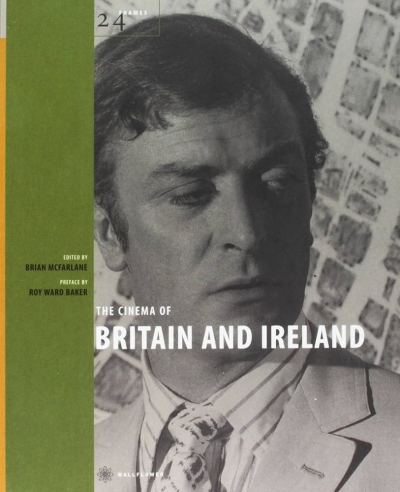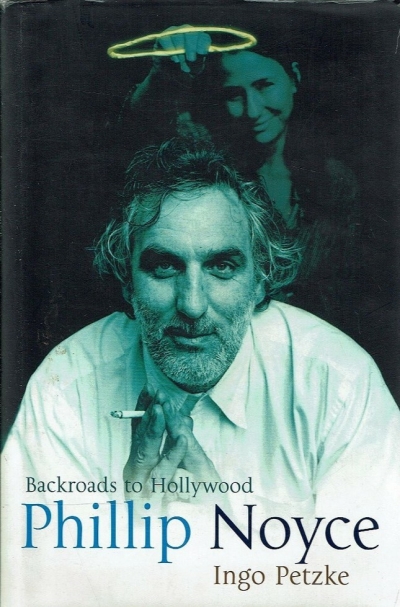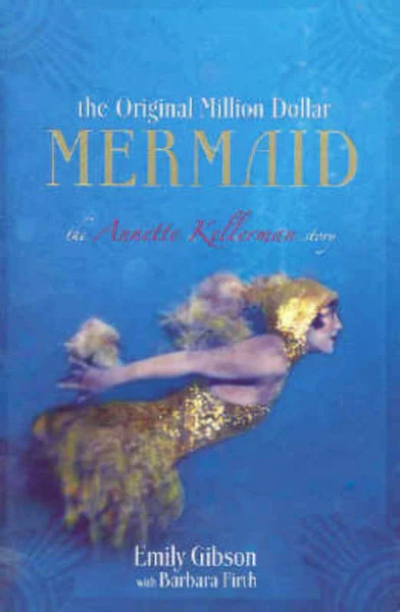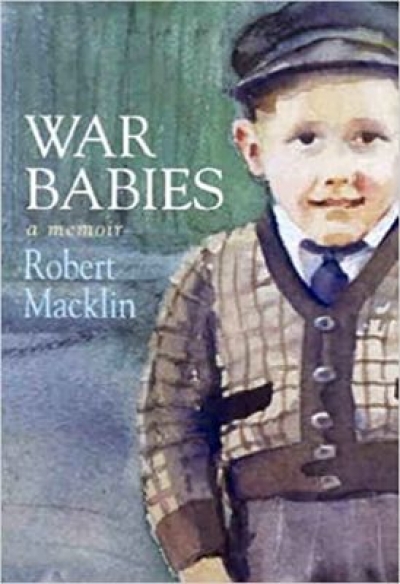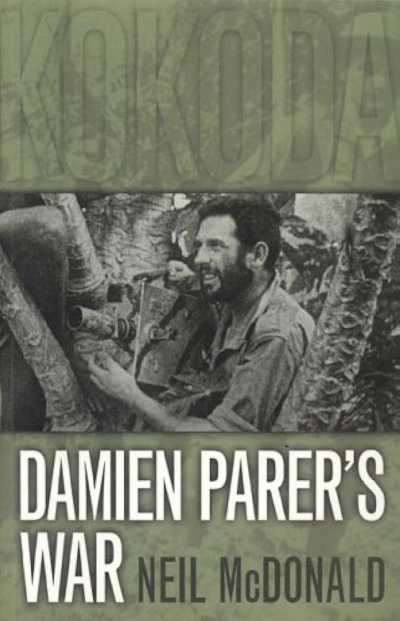Brian McFarlane
It is one thing for Macbeth (of whom more in a moment) to chide himself for ‘vaulting ambition’; it is not, though, the first stick we would choose to beat Australian cinema with. Now, with 2006 nearly over and everybody saying what a good year it has been for local films, I want to identify ‘ambition’ as a key element in the making of this ‘good year’.
... (read more)To celebrate the best books of 2005 Australian Book Review invited contributors to nominate their favourite titles. Contributors include Morag Fraser, Peter Porter, Kerryn Goldsworthy, Nicholas Jose and Chris Wallace-Crabbe.
... (read more)The Cinema of Britain and Ireland edited by Brian McFarlane
The Original Million Dollar Mermaid: The Annette Kellerman story by Emily Gibson (with Barbara Firth)
To celebrate the best books of 2004 Australian Book Review invited contributors to nominate their favourite titles. Contributors included Dennis Altman, Brenda Niall, Kerryn Goldsworthy, Morag Fraser and Chris Wallace-Crabbe.
... (read more)
